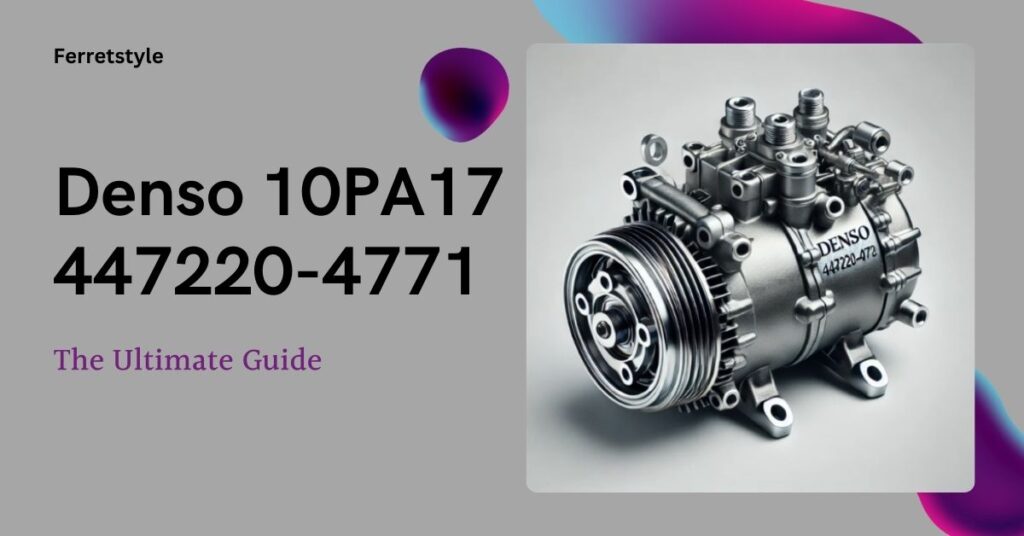Remanufactured ammunition presents an attractive option for gun enthusiasts and professionals mindful of budget and quality. Remanufactured ammunition offers affordability and performance akin to new ammunition, making it a practical choice for diverse shooting needs.
Workers meticulously inspect and reuse components like brass casings during the remanufacturing process to ensure they meet industry standards for performance and safety. This attention to detail and adherence to specifications enable manufacturers to produce ammunition that performs reliably in various scenarios.
Understanding Remanufactured Ammo Production
Remanufactured ammunition is a reliable and economical option for many shooters. It involves recycling previously fired brass casings that undergo a series of processes to become functional rounds again. These operations occur in professional manufacturing facilities using specialized commercial equipment designed to meet industry specifications.
The process starts with the collection and inspection of spent brass casings. They are cleaned meticulously, removing any residues, and inspected for defects. After cleaning, the casings are resized to original specifications and de-primed, preparing them for reassembly.
Once prepared, these casings are reassembled with fresh primers, propellant, and bullets. Commercial machines ensure consistent quality by adhering to specific standards set by industry authorities such as S.A.A.M.I. This precision ensures that the remanufactured ammunition offers performance comparable to new ammunition.
Remanufactured ammo is produced on a larger scale than hand-loaded ammo, with some companies operating in local or small-scale factories. Manufacturing in such setups allows for strict quality control, maintaining reliability and safety in every cartridge produced.
Many manufacturers implement rigorous testing protocols to verify the performance and safety of the remanufactured ammo. This process provides shooters with a dependable and cost-effective alternative, without compromising on quality. As a result, remanufactured ammunition is a favored choice for practice, training, and even competitions, offering both value and reliability.
Benefits Of Choosing Remanufactured Ammo For Shooting
Remanufactured ammunition offers several appealing benefits, making it an attractive choice for many shooters. Cost-effectiveness stands out as one of the most significant advantages. Manufacturing new ammunition involves expenses related to crafting brass casings, whereas remanufactured ammo utilizes previously fired brass, reducing overall costs. This allows shooters to obtain quality ammunition at a lower price.
The environmental impact is another consideration. By reusing fired brass casings, remanufactured ammo helps limit the demand for new resources, thus minimizing waste. This is appealing for those looking to adopt more sustainable practices without sacrificing performance.
From a technical standpoint, the quality and precision of remanufactured ammo have improved considerably. When produced with stringent adherence to specifications, its performance can closely match that of new ammunition in terms of accuracy and reliability. Many manufacturers employ commercial equipment in factory settings to maintain consistency and precision.
Moreover, for those interested in developing their skills, remanufactured ammo provides an opportunity to explore and understand ammunition components. Enthusiasts often find that the hobby of reloading and choosing remanufactured options enhances their shooting experience. It allows them to experiment with different loads and refine their expertise.
Remanufactured ammunition presents a balance of affordability, environmental consciousness, and performance. For many shooters, these advantages align with their values and needs, making it a compelling choice.
What To Look For In A Remanufactured Ammo Manufacturer
When considering a remanufactured ammo manufacturer, it’s crucial to assess aspects like quality control, reputation, and sourcing of materials. Examining these factors ensures not just affordability but also performance and safety of the ammunition.
Why Quality Control Matters in Manufacturing
Quality control is paramount for remanufactured ammo to ensure safety and reliable performance. Manufacturers should implement stringent inspection processes, including checking each component like brass, primers, and projectiles.
Reputable manufacturers often utilize detailed testing protocols. This may involve checking powder loads, measuring dimensions precisely, and ensuring components meet industry standards.
The traceability of the batches can demonstrate accountability and allow for tracking in case of production issues. Quality control not only assures consistency in performance but also maintains customer trust, making it a critical focus for any reputable manufacturer.
The leading manufacturers in the industry
Precision One stands out for its dedication to creating top-quality remanufactured ammunition. Precision One’s commitment to using only high-quality components, including brass, powder, primer, and bullets, ensures a consistent product that shooters can trust.
The company employs state-of-the-art manufacturing processes to provide shooters with reliable cartridges that enhance accuracy and consistency. Precision One combines innovative technology with rigorous quality assurance measures to appeal to both casual shooters and professionals seeking dependable performance at a cost-effective price.
In a market where precision and reliability are paramount, remanufactured ammunition serves as a testament to technological advances in the ammo industry. Precision One exemplifies these advances by offering many ammo options that meet specific needs, such as target practice, personal defense, or professional use.
As the demand for high-quality and affordable ammunition continues to grow, remanufactured solutions offer an excellent balance for enthusiasts and professionals, ensuring they do not compromise on performance while being budget-conscious.
Frequently Asked Questions About Remanufactured Ammo
Remanufactured ammunition raises common queries about its safety, legality, and quality. Understanding these aspects helps gun owners make informed decisions. Consumers often wonder about the risks, how it affects warranties, performance in comparison to new ammo, quality control measures, legal considerations, and which manufacturers in the market are reliable.
What are the potential risks associated with using remanufactured ammunition?
Remanufactured ammunition may pose risks such as inconsistencies in performance due to the reuse of brass casings. Possible defects could include improper powder measurements or seating depths. These risks can affect firearm reliability and shooter safety. Users are advised to inspect remanufactured rounds before use and purchase only from reputable sources with strict quality controls to mitigate these risks.
Can shooting remanufactured ammunition void a firearm’s warranty?
Manufacturers of firearms often have specific stipulations regarding what type of ammo can be used without voiding the warranty. Some may specify that only new factory ammo is acceptable, potentially voiding the warranty if remanufactured ammunition is used. It is crucial for gun owners to check their firearm manuals or contact the manufacturer for warranty details.
How does the performance of remanufactured ammunition compare to new ammunition?
The performance of remanufactured ammunition can vary but aims to meet similar standards as new ammo. It typically undergoes rigorous testing to ensure reliability and accuracy. While some users report comparable performance to new rounds, others might experience variations. Quality manufacturing processes by reputable companies are vital for achieving high performance in remanufactured ammo.
What quality control processes do manufacturers use for remanufactured ammunition?
Manufacturers implement stringent quality control measures to ensure remanufactured ammunition meets safety and performance standards. These include automated inspections for defects, consistent powder charges, and precise seating of bullets and primers. Compliance with S.A.A.M.I. specifications ensures reliable production. Using modern machinery and quality components are essential elements of a robust quality control process.
Are there any legal concerns to be aware of when purchasing remanufactured ammunition?
Legal considerations for remanufactured ammunition can differ by location. Some regions may have restrictions on the sale or use of certain types of ammo. It is essential for buyers to familiarize themselves with local regulations regarding remanufactured ammo. Compliance with legal standards ensures both the seller and buyer are abiding by applicable laws and guidelines.
Which companies are reputable in the remanufactured ammunition market?
Several companies have established reputations for their high-quality remanufactured ammunition. Precision One is a notable name, known for implementing rigorous testing and quality assurance. They use advanced technology and adhere to industry standards to produce reliable and safe products. Selecting a reputable manufacturer is crucial for a satisfactory shooting experience.
Also Read: The Tñacuache: Understanding the Opossum



